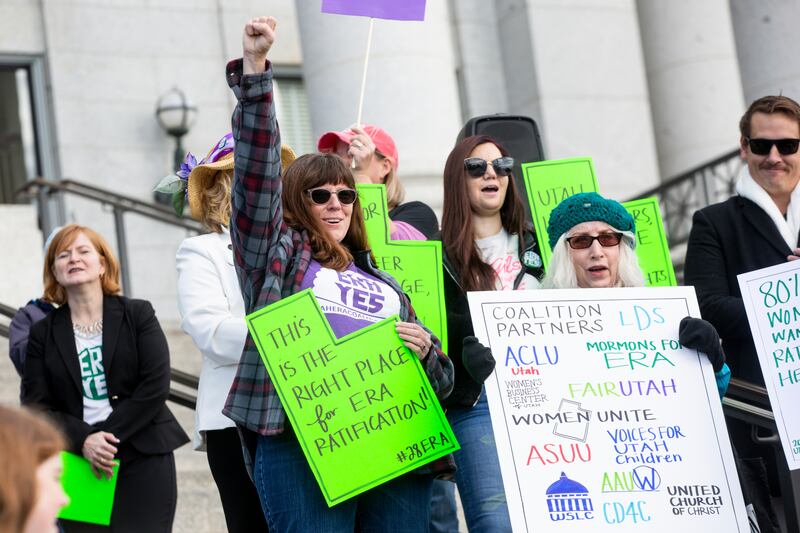SALT LAKE CITY — Around 60 people joined a rally Monday afternoon to voice their hopes of Utah becoming the 39th state to ratify the Equal Rights Amendment.
Rep. Karen Kwan, D-Murray, is sponsoring a resolution in the Legislature hoping Utah joins 38 states four decades after the ERA was first introduced to Utah lawmakers.
As the 2020 legislative session’s first day stretched on inside, proponents lined up against the iron banisters leading up the front steps of the Capitol. Colored handmade signs popped against the stone as cheers rolled from the group.
“This is not just for Utah. We need to have the same protections for our family and our neighbors throughout the nation. I want my granddaughter to know that wherever she grows up she feels like she belongs — she belongs in the classroom, in the workplace, wherever her peers are,” Kwan said. “I want all of our daughters to feel this way across all of the 50 states.”
The ERA would amend the Constitution in part to say “equality of rights under the law shall not be denied or abridged by the United States or by any state on account of sex.”
To supporters, Utah’s potential ratification of the ERA has been a long time coming.
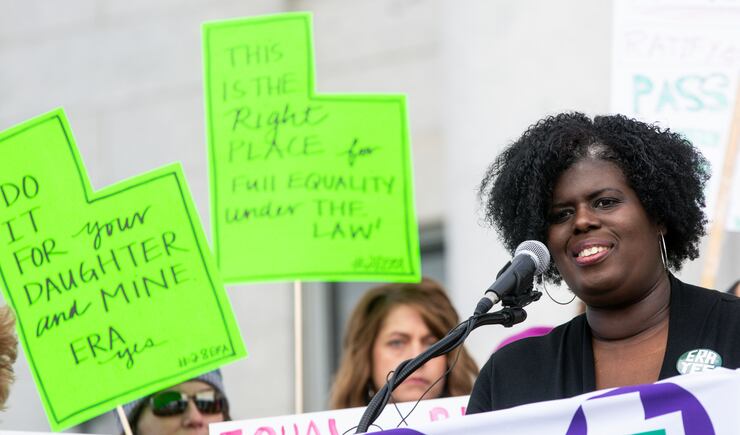
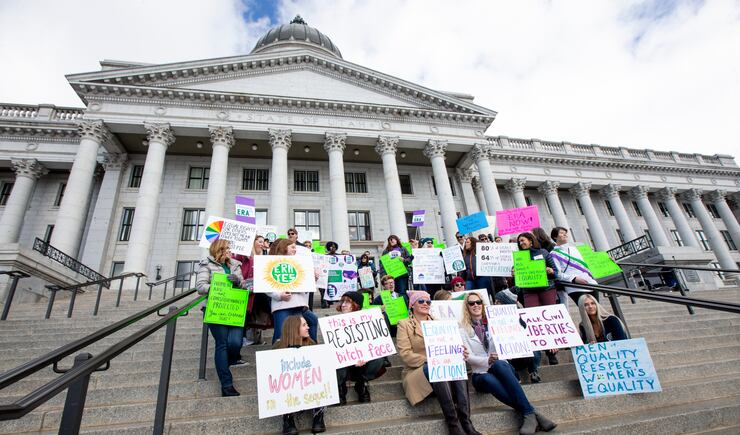

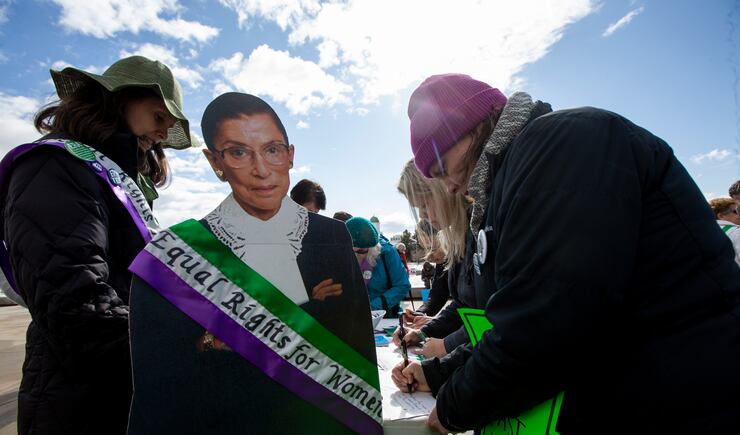
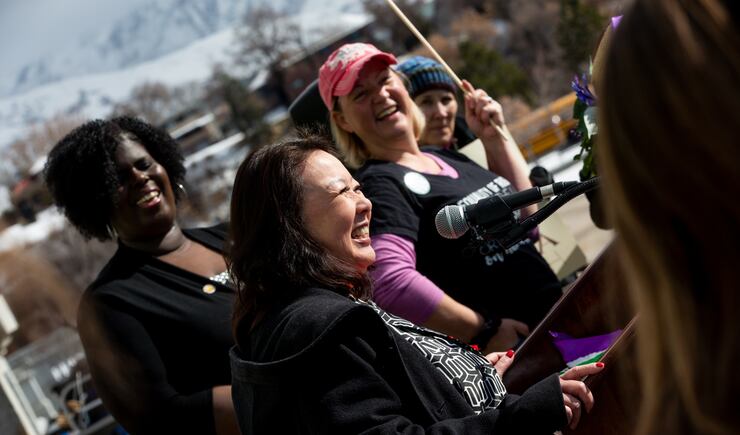
“Many people would be discouraged, they would give up, they would feel defeated,” said Christian Nunes, National Organization of Women vice president and rally speaker. “However, what we know now is that Congress did not fully understand the relentless, unwavering determination of powerful feminists and allies.”
A women’s rights activist named Alice Paul proposed the ERA in the 1920s. In 1972, Congress sent the ERA to the states for ratification. Despite years of political effort, 12 states have yet to ratify — Utah being one of them.
This could change with HJR007 if Utah lawmakers support it, though whether or not the amendment can still be added to the U.S. Constitution remains to be seen.
Initially, 38 states needed to ratify the ERA before the 1979 deadline, but after falling short, a second deadline was pushed to 1982. Efforts gradually died after ERA advocates failed to secure the full 38 states, but supporters kicked ratification back in to gear in 1994. They felt this was possible despite the missed cutoffs because they believed those deadlines could be rescinded to allow three additional states to ratify so the ERA could amend the Constitution.
Nevada and Illinois ratified in 2017 and 2018 respectively. More recently, Virginia became the 38th on Jan. 15. Following Virginia’s ratification, the Justice Department released an opinion stating that given the missed deadline, the legislative approval process must be restarted for the amendment to be legally binding.
Further complicating the matter, five states have rescinded their approval.
However, according to the resolution’s advocates and speakers at Monday’s rally, Utah’s passage could bolster efforts in other areas and could send a message to the courts.
A diverse compilation of bipartisan coalition partners are backing Kwan’s resolution including the Women’s State Legislative Council of Utah, League of Women Voters, Women Lawyers of Utah, YWCA and Equality Utahs.
Opponents argue the amendment’s language is vague and could have unintended consequences on laws regarding the family and abortion.
The Church of Jesus Christ of Latter-day Saints opposed the ERA in the 1970s. Some speculated whether this position had evolved into a neutral stance over time, but a church spokesman clarified in December that this position has “been consistent for more than 40 years.”
Kwan said Utah’s Constitution already has similar language to the ERA amendment built into it.
“It’s the same notion of equality, Kwan said. “(It has) the same inclusions and guarantees for women that the ERA would provide in our federal Constitution.”
Last year, Kwan ran resolution HJR021 declaring that Utah lawmakers agree that language should be added to the U.S. Constitution that mirrors their state’s. It passed unanimously and Kwan said this is a sign that Utah believes in the ERA.

